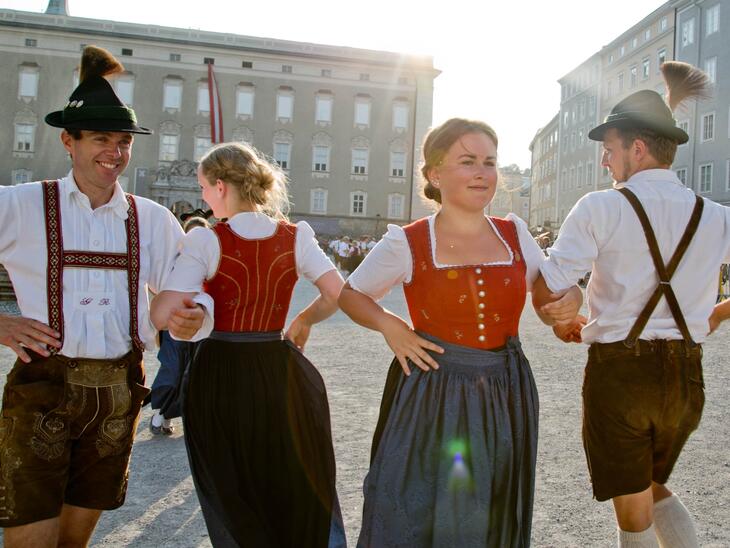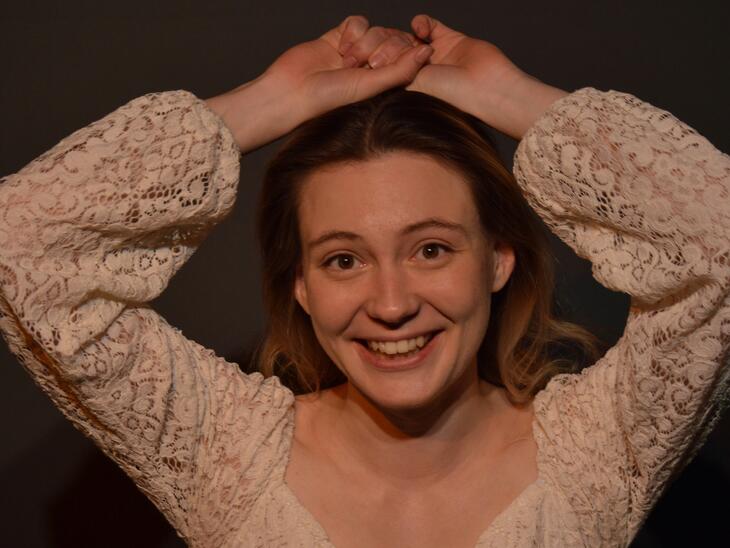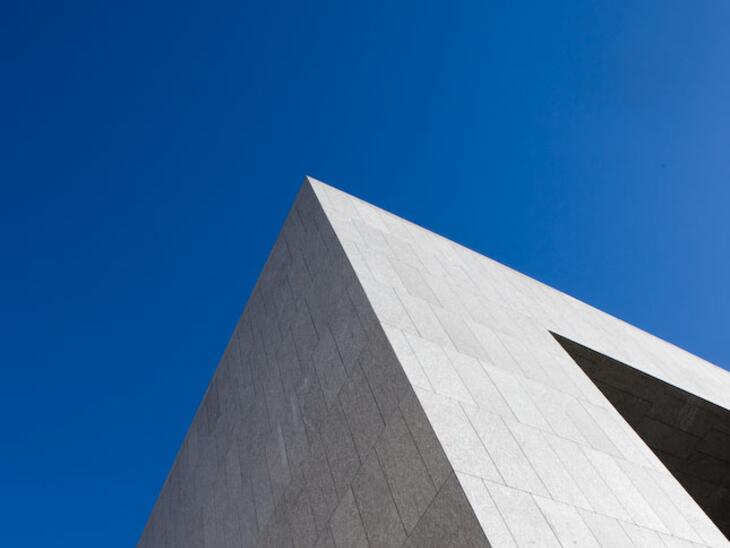What is special about the Institute for Open Arts?
The special feature of the Institute lies in overcoming boundaries, breaking through thought patterns and enabling new connections between the arts, the sciences and their practice. In this respect, the Institute sees itself as an inter-, trans- and nondisciplinary "space" with many doors to many other spaces. Since there are already research projects at the university within which cross-disciplinary projects are realised - I am thinking of With Dylan on the Road or Spot on MozART - the founding of the Institute was a logical consequence.
What will the institute or the studies that will be based there teach?
Complementary to the artistic doctoral programme, we are currently in the process of developing various studies. This is an approach process in which many people are involved. For me, the central question is always: how can we equip ourselves for the future, in thinking and rethinking, in the way we work - also with each other - how we express ourselves? It's about artistic research, which needs expertise in addition to all the new approaches and thinking outside the box. To this end, we are developing study formats that make this possible.
What significance will "digital approaches" have?
These approaches are enormously important. Digitalisation has become an integral part of our lives and thus of art as well. Of course, this also brings with it undreamed-of possibilities. One degree programme will deal specifically with transmedial spaces and narratives. With the construction of the UMAK (Mozarteum University at the Kurgarten) and the X-Reality Lab located there, there will also be a lab for digital where new immersive, visual and auditory formats can be explored. We are also always looking to bridge the gap between traditional and digital work.
Do you feel that traditional art disciplines impose "limits" on themselves? Possibly also based on an expectation of the audience or cultural organisers?
I have the feeling that people impose too many limits on themselves. We are very much trapped in our self-created systems. We also see this in the political world situation. We are currently in a process of new but familiar boundaries. Art can make connections visible on a different level and bring issues into focus that would otherwise quickly end in conflict. It is important to counter the "boundaries" with openness and to encourage the students. Nevertheless, even in the arts, it is too often a matter of economising processes, of fulfilling expectations. The economic factor should not be underestimated. Over time, things become established that are too rarely questioned: existing structures, procedures, processes, even performance practices. Questioning and the associated pausing cannot always be afforded. A new perspective usually only opens up when one enters into an exchange across disciplines.
To what extent is deviating from existing norms important? What is the social benefit of this "open arts approach"?
At this point I quote Frank Zappa: "Without deviation from the norm, progress is not possible." Hopefully, this also makes clear the societal benefit of the approach. We must learn to communicate across the highly specialised disciplines. This does not mean abandoning the tried and tested specialisations, but rather making use of them, coupling them with an overarching way of thinking and acting and, in the best sense, bringing together knowledge from several fields.
Instrumentalists in particular are used to investing a lot of time in their instrument in order to achieve technical perfection. How are young artists introduced to projects in which different, even new techniques, artistic disciplines and methods are used?
Here we will have to learn and try a lot. But two approaches will almost certainly be necessary. On the one hand, you have to deal with content, material and contexts, and on the other hand with technical skills. This is already a challenge in work and teaching today, as development does not stand still. Another point stands like an umbrella over everything: the reflection of this development and its meaning, i.e. the philosophical level.
How do perception and the view of art change in an interdisciplinary context?
We can only recognise and understand what we perceive, experience and experience, and that is why I am convinced that art and the arts as well as the view of them will change. After all, interdisciplinarity leads to different experiences and insights. Technology is also reflected in social issues. The forging of new bonds then leads to a feedback.
Welche Erfahrungen haben Sie selbst bei der Entwicklung von inter-, trans- oder nondisziplinären Projekten gesammelt?
Working in such projects usually involves specialists coming together. This means that you also have to develop a common language. In any case, it is about understanding and respect for each other and for the other discipline, the other trade. It is about appreciation and then again about exploring personal boundaries. If that succeeds, the whole is in any case more than the sum of its parts.
Where do you see the biggest challenges for the Institute in the coming months?
I see the biggest challenge in facilitating a realistic range of studies. The university alone is a complex system. The study offers, plans and curricula that already exist have often been developed and improved over years. But if you want to make free, overarching study possible, you have to move, you also have to make compromises. It's like erecting a building, like the Tower of Babel, except that we don't see the different languages as a punishment from God, but as a gift.
About
Claudia Lehmann has a doctorate in physics, is a filmmaker and video artist. Her works can be seen at international festivals, in the cinema and in various real and virtual spaces. She develops visual concepts, video stage sets and idiosyncratic live video performances, always in collaboration with Nicolas Stemann. Together with visual artist and composer Konrad Hempel, she founded the Institute for Experimental Affairs, IXA. Since 2019 she has been Professor of Film Art and Visual Communication at the Mozarteum University.
(First published in Uni-Nachrichten / Salzburger Nachrichten on 4 March 2023)




